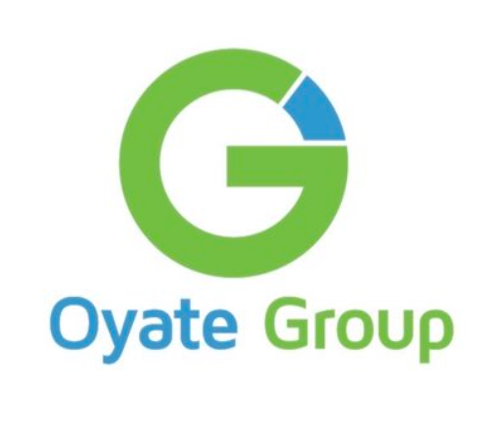
Why the Delta Variant Is Especially Dangerous for Black and Brown New Yorkers
NEW YORK MAGAZINE
New York State has recently eased COVID-19 restrictions after achieving its goal of vaccinating 70% of adults with at least one dose. However, concerns remain due to the spread of the highly contagious Delta variant, especially in areas with lagging vaccination rates, such as some neighborhoods in New York City. Minority communities, including Black and Hispanic populations, are experiencing lower vaccination rates compared to their white and Asian counterparts.
To address this disparity, organizations like the Bronx Rising Initiative have been working to bring vaccinations directly to underserved communities. They have set up vaccination sites in various community locations to improve access for those facing transportation and time constraints. The initiative employs outreach workers from the community, aiming to establish trust and credibility among the residents and encourage vaccination.
While the state has lifted many restrictions, the Delta variant’s high transmissibility poses a significant threat, especially to those partially vaccinated. Only 47% of New Yorkers are fully vaccinated, and the rates are even lower among Black and Hispanic populations. Community organizers stress the importance of continuing education and outreach efforts to increase vaccination rates and protect vulnerable communities effectively.
Recent Articles
Najhim Luke Gets 25 Years for Fatally Shooting Rising Basketball Star Brandon Hendricks in Crossfire
Norwood News The article discusses the tragic shooting of Brandon Hendricks, a 17-year-old rising basketball star and academic standout from The Bronx, who was fatally ...
OPINION: The migrant crisis is not unsolvable
NYNMEDIA The term "migrant crisis" has been politicized in the United States, casting individuals and families fleeing adversity as nuisances rather than recognizing them ...
2024 Brandon Hendricks Scholarship | OPEN
https://www.youtube.com/watch?v=fsDWl3iDihk BronxNet OPEN Host Daren Jaime sits down with the Oyate Group’s Program Coordinator, Alexander Reyes, and Project Manager, ...


